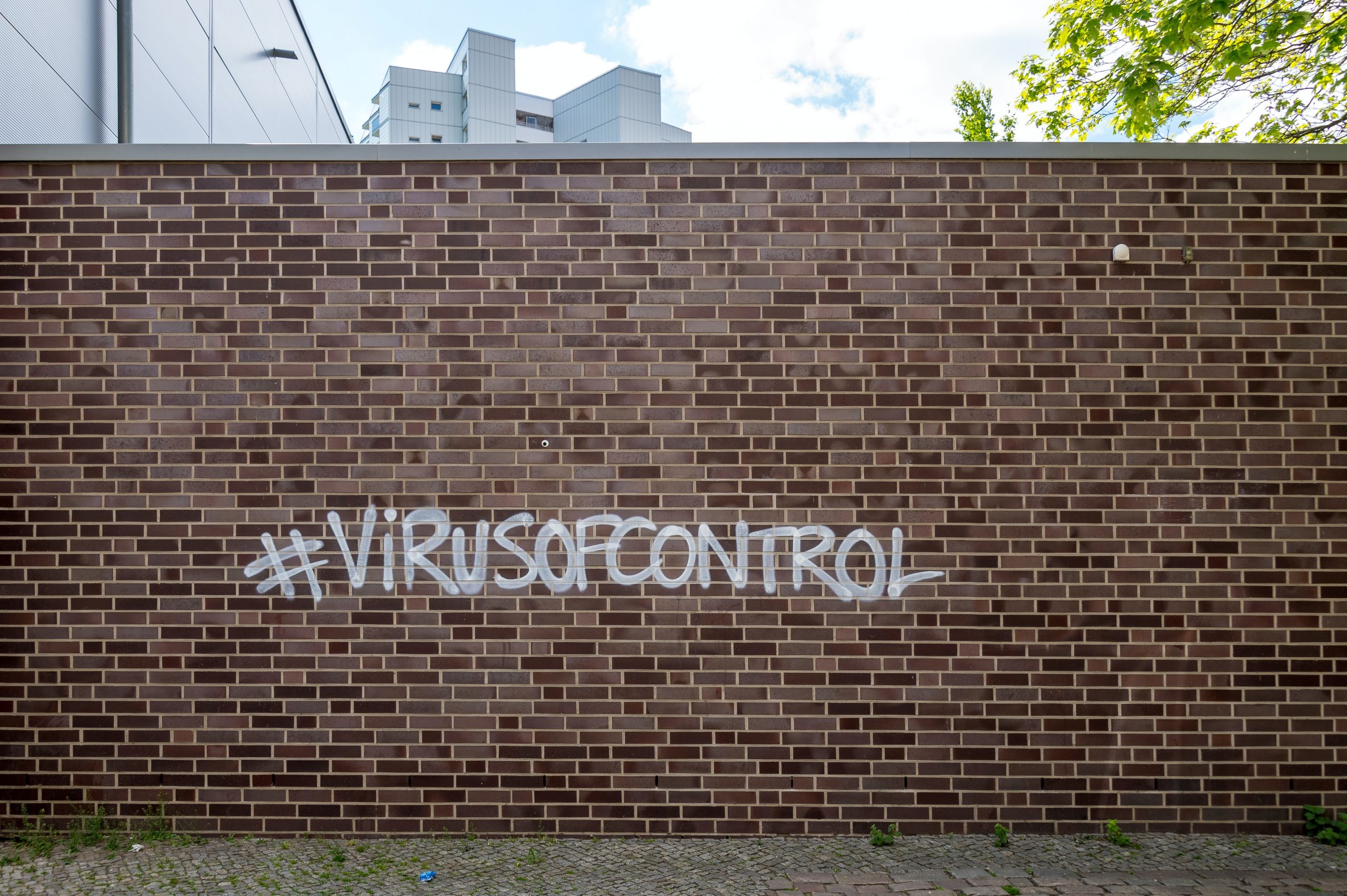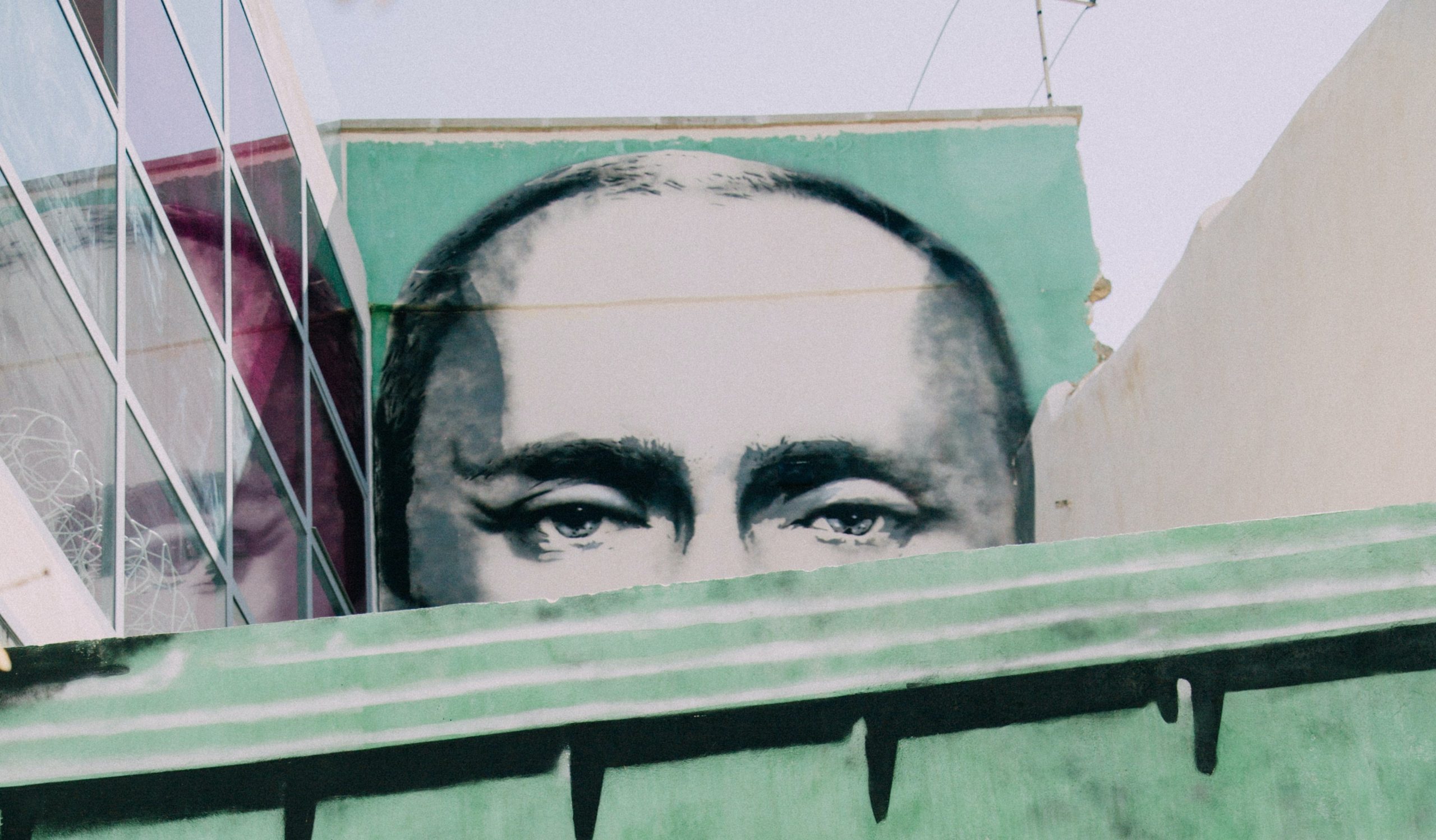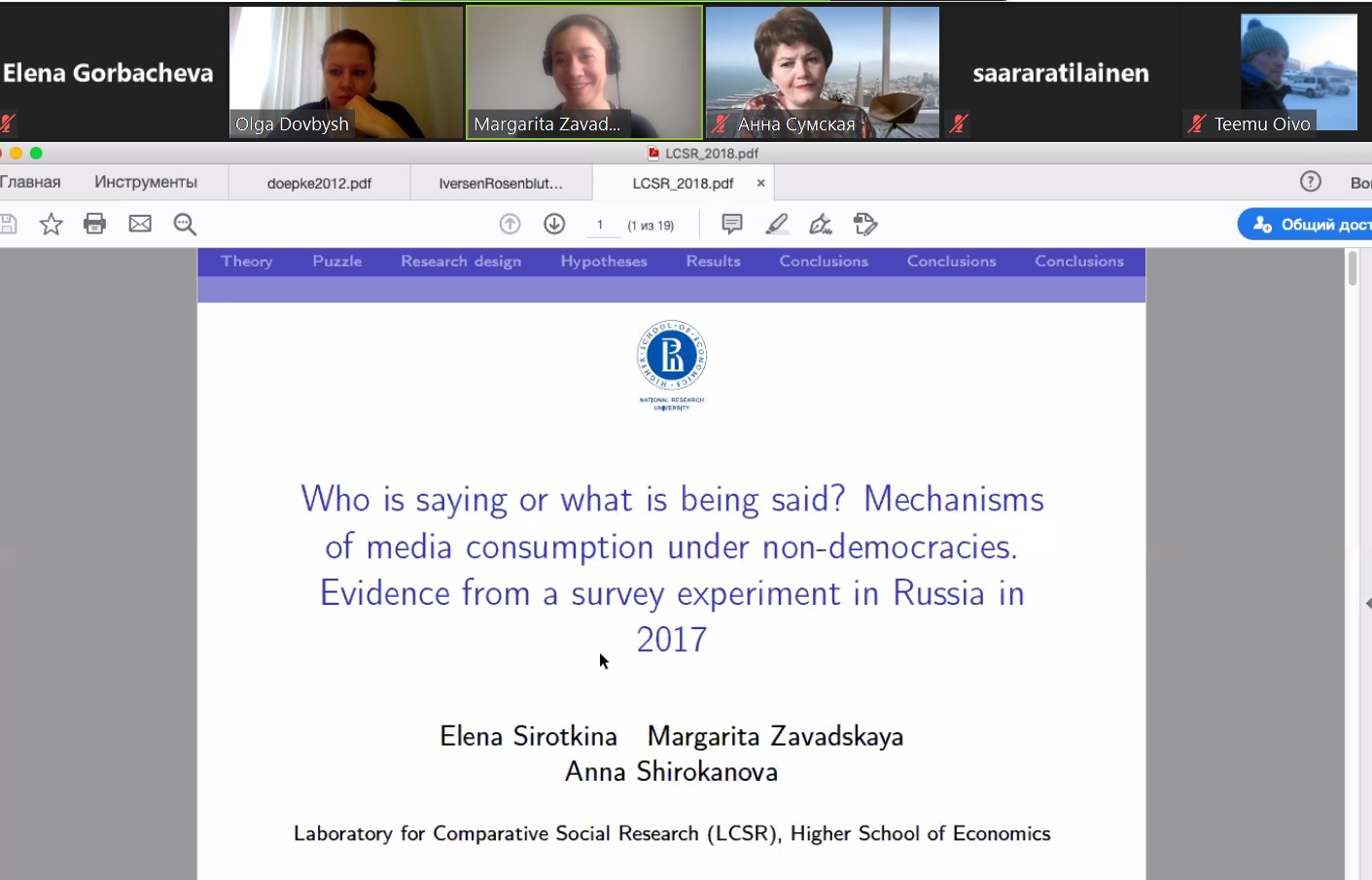Some day in the future, economic historians will likely consider the dramatic decline of international oil prices, which occurred in March 2020, as a turning point in the development of the global petroleum industry. This collapse puts the end to the era of expansive oil, which began after the Iraq war of 2003. That era is over now as the global economy seems to return to a period of low oil prices, similar to the one at the end of the 20th century after 1986.
There are a lot of explanations for the collapse of oil prices in the business and academic literature. Some experts think that the coronavirus pandemic undermines the global demand for petroleum, while other economists suppose that the dissolution of the coalition of OPEC countries and Russia in March 2020 was responsible for the destruction of the previous oil price equilibrium at the international oil market. However, the question of why this collapse of the oil price equilibrium happened is no longer relevant. The questions scholars should focus on now are how the decrease in oil prices will impact the economies of oil-exporting countries in the world after the pandemic? What reaction to this crisis can we expect from the governments of oil-producing countries? Finally, what will happen to the Russian economy?
The oil crisis and the escalating oil price war between Saudi Arabia and Russia of 2020 might open intellectual debate on what is the best way of the organization of the petroleum industry in the conditions of low oil prices. What model of petroleum ownership is optimal for the economy in the new age of cheap oil prices? What will the reaction of the state to this problem be? Could we expect the mass privatizations of state-owned oil companies around the world? This essay is an attempt at addressing the problem. This is the sixth blog post of the Politics & Pandemics special series, written by invited researchers Aleksei Pobedonostsev* and Nadezhda Stepanova+.
*Aleksei Pobedonostsev, Ph.D. candidate in political and social sciences (European University Institute in Florence), Aleksanteri Institute visiting fellow, Aleksei.Pobedonostsev@EUI.eu
+Nadezhda Stepanova, Ph.D. in economics, Aleksanteri Institute, Invited Researcher nadezhda.stepanova@helsinki.fi

Reading time: 14 minutes
Continue reading “The Privatization of Rosneft: An Unintended Consequence of the Coronavirus Pandemic and the 2020 Oil Crisis”




